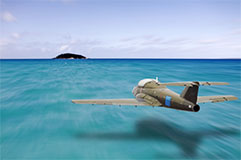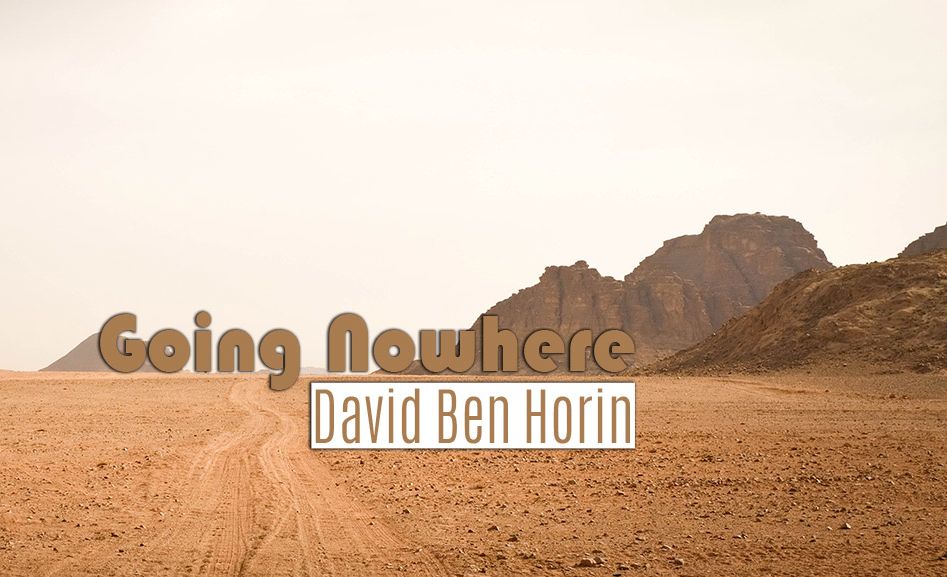
Low Altitude
The Kotzker Rebbe says that there is nothing more whole than a broken heart. Something broken can be welded and potentially become stronger than it originally was…

A Summary of the Key Points of Rav Brody’s Class of the Same Name.
Rav Brody, in his inspirational class entitled “Low Altitude”, discusses some very important points to help us strengthen ourselves in emuna. The title of his class is derived from King David’s words in Psalm 139 in which he says that Hashem is with us in good times and in stressful times—when we are up and when we are down. King David says, “When I’m flying high, there You are…when I’m in the lowest depths, You are also there.” In that way, we remain humble during times of high altitude (success) and uplifted during times of low altitude (when things are not going our way).
The Hebrew word for self-strengthening is hitchazkut. Success can result in a tendency to attribute our success to our own abilities, resulting in arrogance, which is responsible for our fall from high altitude. Hashem sends the setback to take us down a notch. If we experience a downward slide, we may start to self-persecute and feel sad about the circumstances. Rav Brody explains that it is important to remember two basic principles or laws of self-strengthening as brought down by Rabbi Nachman. They are:
(1) Hashem is involved in our successes and our setbacks so we must turn to emuna in either case, for the Almighty did, does, and will do everything for our very best, and:
(2) There is no real ascent without a prior descent. For every action there is an equal and opposite reaction. When a pitcher throws a ball, he lunges back before he can get the power to throw the ball the proper distance. It’s actually easier to get close to Hashem when we fall because we are aware that only He can help us to rise up again.
Rav Brody describes the two different types of sadness we may experience during a setback. They are contrition and depression. Contrition is good, for it equates to a broken heart: Contrition comes from a  place of kedusha (holiness) where we desire to come closer to Hashem and want to do teshuva (return) to Him. In Psalm 51, King David explains that Hashem desires a contrite spirit—a contrite and broken heart. The Kotzker Rebbe says that there is nothing more whole than a broken heart. The place where something breaks has the potential to be welded and thus become stronger than it originally was. This is true of our relationship with Hashem or any relationship in which a setback occurs.
place of kedusha (holiness) where we desire to come closer to Hashem and want to do teshuva (return) to Him. In Psalm 51, King David explains that Hashem desires a contrite spirit—a contrite and broken heart. The Kotzker Rebbe says that there is nothing more whole than a broken heart. The place where something breaks has the potential to be welded and thus become stronger than it originally was. This is true of our relationship with Hashem or any relationship in which a setback occurs.
As long as we remain happy and do not succumb to depression over the setback, we can seize the opportunity to come closer to Hashem. Happiness is linked to teshuva, holiness, and emuna. We increase our prayer to Hashem to help us strengthen ourselves in emuna. Our job then, is to move forward, knowing that we didn’t really mess up. It’s just that Hashem was not with us at the time of the fall, and it happened for our benefit. Hashem wanted us to realize that we have a ways yet to go in dealing with whatever character trait we had been working on. We are not as far along as we might have thought, so He allowed us to take a nose dive and bring us to the reality of where we are truly holding.
Usually we do not grow when we are in high altitude. All of a sudden, we may lose our desire to serve Hashem properly. We have to be prepared for this. We must be ready to do battle and fight the inertia that is a product of the ego. It can affect us when we are flying high and suddenly something goes wrong. If we are not careful, we can sink very low and start second-guessing why this all happened and even start persecuting ourselves.
Depression pushes Hashem far away. When we fill our emotional space with negativity, there is no room for emuna. Therefore, we must protect ourselves from despair, for it is the ploy of the yetzer hara (the evil inclination), who doesn’t want us to strengthen ourselves spiritually.
We can deal with this by realizing that flying at low altitude, with our nose to the ground, means that we only have one way to go—-and that way is up. We also need to see Hashem in the equation. So if we ever fall in any spiritual struggle—be it a craving for prohibited food, guarding our eyes, anger control, modesty in dress, or arrogant behavior where we think we are at a higher level than we truly are—we must believe that Hashem wanted us to fall so that we become humbled. This becomes a growth opportunity where we polish our character even more and start the ascent. When we are in low altitude, we stay focused on the fact that there is no place to go but up.
When we seize the opportunity to fight back by forcing ourselves even when we’re fighting the yetzer hara and it’s difficult, Hashem is with us counting our victories during the time we’re on the battlefield pushing against the resistance. We need to be aware of our victories. They have the potential to light up the world. When we are in low altitude, we need to take an inventory of our successes in order to realize how spiritually strong we are becoming by swimming like the salmon upstream against the tide. The result will be growth, spiritual strengthening, and ultimately an ascent. May we all strengthen our emuna in all situations, remembering everything Hashem does is for our ultimate best.











Tell us what you think!
Thank you for your comment!
It will be published after approval by the Editor.